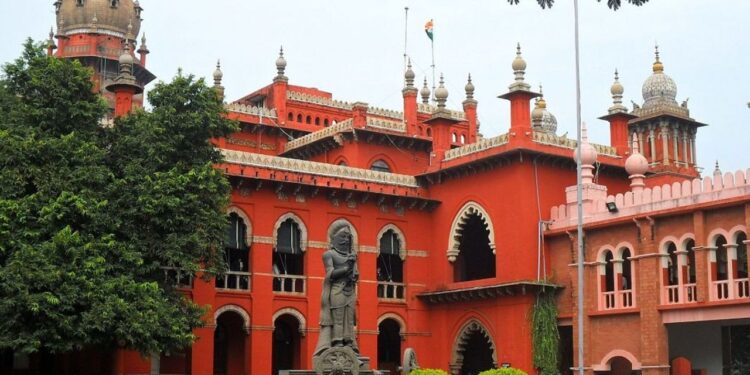The Madras High Court on Wednesday ordered the Tamil Nadu Crime Branch-Crime Investigation Department (CBCID) to transfer the investigation into the Kallakurichi hooch tragedy to the Central Bureau of Investigation (CBI). The incident, which claimed the lives of approximately 67 individuals who consumed toxic spurious liquor, has exposed glaring lapses in enforcement mechanisms and raised questions about the effectiveness of state agencies in combating illicit liquor trade.
A Division Bench of Justices D. Krishnakumar and P.B. Balaji passed the order while hearing a Public Interest Litigation (PIL) filed by AIADMK legal wing secretary I.S. Inbadurai and other petitioners. The PIL sought an independent and thorough probe by the CBI, arguing that the CBCID’s investigation did not uncover the root causes and systemic failures that led to the tragedy.
The Court strongly criticized the state authorities for their apparent negligence and failure to act on prior warnings. It noted that similar hooch tragedies had occurred in neighboring districts just a year ago, yet adequate measures to prevent a recurrence were not implemented. The Bench also highlighted reports from local newspapers and a YouTube channel that raised alarms about spurious liquor availability in the region weeks before the incident. The fact that these warnings went unheeded was a critical factor in the Court’s decision to entrust the investigation to the CBI.
The Court observed that transferring the case to the CBI would ensure the probe’s impartiality, transparency, and accountability. It stressed the importance of identifying those directly responsible for manufacturing and distributing the toxic liquor and any lapses or conspiracy by officials tasked with monitoring and enforcement.
The tragedy has brought renewed focus to the issue of illicit liquor in Tamil Nadu, where prohibition laws have often been circumvented through the illegal sale and distribution of toxic substances. It also highlights the need for more robust preventive measures, including stricter enforcement of laws, better intelligence gathering, and swift action on credible reports of illegal activity.
The Court’s decision has been welcomed by many, including activists and the victims’ families, who hope that a CBI probe will bring justice and prevent future tragedies. The case has now become a litmus test for the CBI to deliver a conclusive investigation that addresses both immediate culpability and broader systemic issues that allowed such a tragedy to unfold.

















